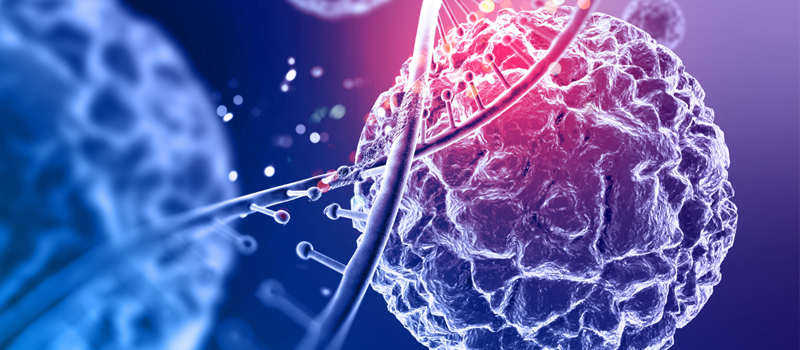
Facing a cancer diagnosis can be overwhelming. It can be both emotionally and physically stressful. Oncologists specialize in cancer treatment and play an important role in guiding patients through this complex process. Understanding their role can help you feel empowered and informed as you navigate this difficult time.
A cancer diagnosis brings with it a range of emotions: fear, anxiety, and uncertainty. Patients and their families often face difficult decisions about treatment. It can be comforting to know that there are professionals who can help.
Oncologists specialize in the treatment of cancer using chemotherapy, immunotherapy. They work to slow the progression of the disease and improve the quality of life for patients. Their guidance can make a big difference in your treatment process.
Medical oncology is the branch of medicine that deals with the diagnosis and treatment of cancer. Oncologists specialize in treating different types of cancer using medications such as antibiotics and chemotherapy.
Diagnosing cancer requires a variety of tests, including:
This helps determine the type and stage of cancer, which is important for effective treatment planning.
Every patient's situation is unique. Oncologists create personalized treatment plans based on:
Cancer treatment often requires a team of specialists. Medical oncologists work with nutritionists, physicians, and support staff to provide quality care.
Chemotherapy uses powerful drugs to kill cancer cells or stop their growth. Types include:
When used, the drugs can cause side effects such as nausea, fatigue, and hair loss.
Targeted therapies attack specific cancers with specific abilities. These treatments generally have fewer side effects than chemotherapy. For example, some target genetic mutations in tumors.
Immunotherapy boosts the immune system to fight cancer. Like immunosuppressants, doctors have shown promise in treating many cancers and sometimes lead to long-term responses.
Cancer treatment can cause a variety of side effects, including:
Regular follow-up is very important after initial treatment. Oncologists monitor for recurrence through routine checkups and assessments.
Early diagnosis of breast cancer often leads to better treatment. Taking preventive measures can save lives.
In addition to health care, a healthy lifestyle can help with recovery and overall health. Key changes include: